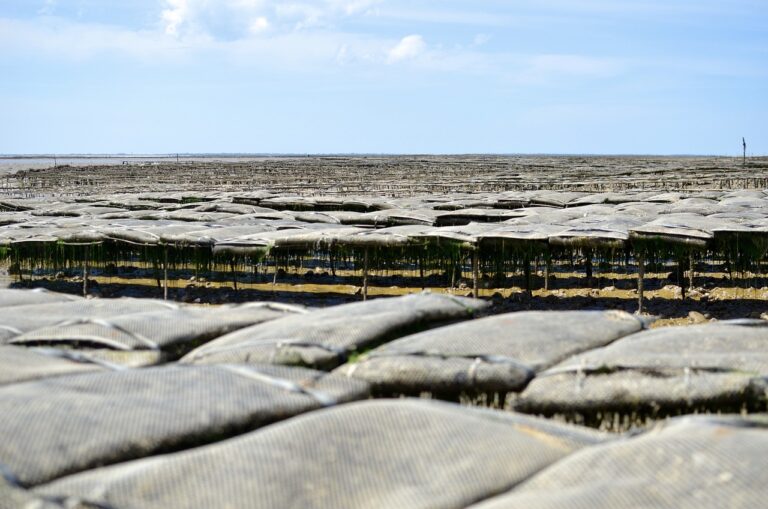Exploring the Role of Meat Processing in Community Resilience: Laser book, Silverexch, 11xplay reddy login
laser book, silverexch, 11xplay reddy login: Exploring the Role of Meat Processing in Community Resilience
When we think about community resilience, we often focus on aspects like access to clean water, healthcare services, and emergency response systems. However, one aspect that is often overlooked is the role of meat processing in ensuring the resilience of a community. Meat processing plays a crucial role in providing a stable food supply, supporting local economies, and promoting food security. In this article, we will explore the impact of meat processing on community resilience and why it is a critical component of a thriving community.
Supporting Local Economies
Meat processing facilities provide employment opportunities for local residents, stimulating economic growth in rural areas. These facilities create jobs not only within the processing plant but also in related industries such as transportation, packaging, and distribution. By supporting local economies, meat processing plants contribute to the overall resilience of a community by reducing poverty and increasing household income.
Ensuring Food Security
Meat processing plays a vital role in ensuring food security by preserving meat products for extended periods. By processing meat, we can store and distribute it more efficiently, reducing food waste and ensuring a stable food supply for the community. In times of crisis or disaster, having a reliable source of processed meat can be a lifesaver for many families who may not have access to fresh meat products.
Enhancing Food Safety
Meat processing facilities adhere to strict guidelines and regulations to ensure the safety and quality of their products. By processing meat in a controlled environment, we can minimize the risk of foodborne illnesses and contamination. This commitment to food safety helps to build trust with consumers and ensures that the community has access to safe and nutritious meat products.
Creating Resilient Supply Chains
Meat processing plays a critical role in creating resilient supply chains that can withstand disruptions such as natural disasters or pandemics. By diversifying their sources of meat products and establishing strong relationships with suppliers, meat processing facilities can ensure that they can continue to operate even in challenging circumstances. This resilience in the supply chain benefits the entire community by maintaining access to essential food products during times of crisis.
Promoting Sustainable Practices
Meat processing facilities are increasingly adopting sustainable practices to reduce their environmental impact and support the long-term health of the community. By investing in energy-efficient technologies, reducing water usage, and implementing waste management strategies, meat processors can minimize their carbon footprint and contribute to a healthier environment. These sustainable practices not only benefit the community today but also ensure a better future for generations to come.
Supporting Local Farmers
Meat processing facilities play a crucial role in supporting local farmers by providing a market for their products. By purchasing meat from local producers, processing plants help to sustain the livelihoods of farmers and promote agricultural diversity in the community. This support for local agriculture strengthens the food system and creates a more resilient community that is less dependent on external sources of food.
FAQs
Q: Are meat processing facilities bad for the environment?
A: While meat processing facilities can have an impact on the environment, many facilities are implementing sustainable practices to reduce their carbon footprint and minimize waste.
Q: Do meat processing plants contribute to food insecurity?
A: On the contrary, meat processing plants play a vital role in ensuring food security by preserving and distributing meat products efficiently.
Q: How can I support local meat processing facilities?
A: You can support local meat processing facilities by purchasing their products, advocating for sustainable practices, and learning more about where your meat comes from.
In conclusion, meat processing plays a crucial role in community resilience by supporting local economies, ensuring food security, enhancing food safety, creating resilient supply chains, promoting sustainable practices, and supporting local farmers. By recognizing the importance of meat processing in building resilient communities, we can better prepare for future challenges and create a more sustainable food system for all.







